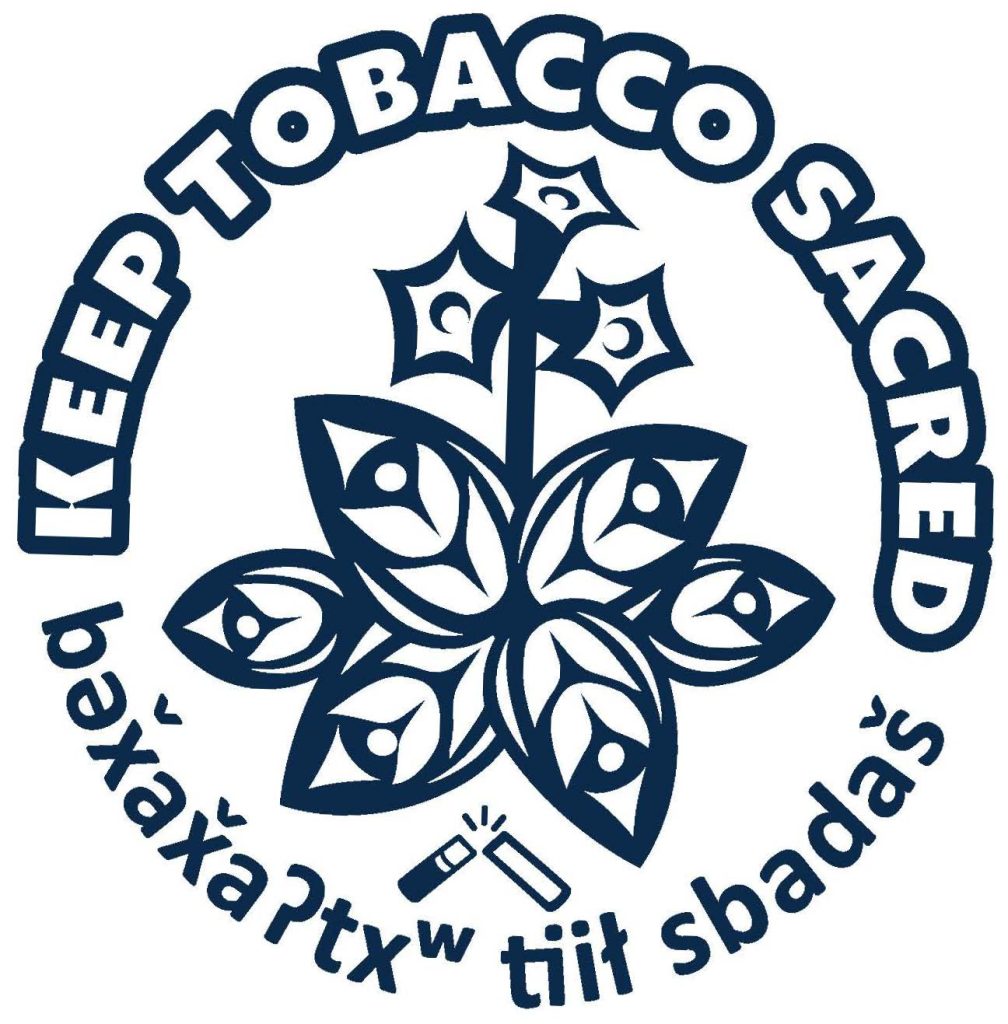Tobacco
 Smoking Cessation
Smoking Cessation
Cigarette smoking kills more than 480,000 Americans each year, with more than 41,000 of these deaths from exposure to secondhand smoke.1 American Indians/Alaska Natives (AI/ANs) have a higher prevalence of current smoking than most other racial/ethnic groups in the United States.2
The primary diseases caused by smoking are:
- Heart Attack
- Stroke
- Emphysema
- COPD (Chronic Obstructive Pulmonary Disease)
- Cancer - Lung, Throat, Uterine, Stomach, Bladder (According to the U.S. Surgeon General tobacco use is a causal effect for all cancers.)
The Benefits of Quitting Smoking
People who stop smoking greatly reduce their risk for disease and early death. Although the health benefits are greater for people who stop at earlier ages, there are benefits at any age. You are never too old to quit.
PTHA Smoking Cessation Program
The Puyallup Tribal Health Authority offers a one-on-one personalized program to help people quit smoking, vaping and chewing tobacco.
Nicotine, the addictive ingredient in tobacco products, can cause people to have unpleasant withdrawal symptoms, like being irritable, when they quit. The "Quit Tobacco" helps participants minimize withdrawal symptoms and helps them develop new skills for living life without smoking, vaping or chewing tobacco. Making an appointment is the first step to quitting.
Cessation Medications
Nicotine Patches, Nicotine Gum, Nicotine Lozenges (NRT) provide nicotine while you work on the behavior part of tobacco use addiction. Bupropion is an anti-depressant used to help people quit smoking. It helps curb the desire and is usually used with NRT. Chantix is a medication to help curb the desire to smoke and is used without NRT.
To make an appointment for PTHA's Smoking/Vaping Cessation, call (253) 593-0232.
For other Pierce County resources for quitting tobacco:
- Tacoma Pierce County Health Department
- Washington State Quit Line at 1-800-QUITNOW or visit the website.
Secondhand Smoke
Secondhand smoke is the smoke that comes from the burning end of a cigarette, cigar or pipe. Secondhand smoke causes the same diseases as active smoking and is the cause of 50,000 deaths in the United States every year.
Secondhand smoke exposure is dangerous for unborn babies, causing:
- Premature birth
- Still birth
- Low birth weight
- Sudden Infant Death Syndrome (SIDS)
Secondhand smoke is dangerous for young children, causing:
- Ear infections
- Asthma
- Pneumonia
- Bronchitis
The best way to protect your unborn baby and child from the damaging effects of secondhand smoke is to quit smoking.
If you are not ready to quit now you can take steps to protect your children:
- Make your car and home smoke free.
- When you smoke, wear a hat over your hair and a smoking jacket that does not come in contact with your children.
- When you come in from smoking outside, wash your hands and face before interacting with your children.
Other Tobacco Products
Chew and Snuff are NOT safe alternatives to smoking. They cause:
- Tooth decay
- Gum disease
- Heart disease
- Mouth cancer
- Throat cancer
- Stomach cancer
If you chew or use snuff, be sure to tell your doctor and your dentist so they can check your lips and gums for early warning signs of cancer.
There is no such thing as a safe smoke. Cigars, pipes, bidis, cloves and herbal cigarettes cause the same diseases as cigarettes.
Cigars cause cancer even if you don’t inhale. Cigar smokers are four to ten times more likely than non-smokers to die of cancer of the mouth and throat. Smoking one cigar is like smoking three to ten cigarettes.
One bidi contains three times the amount of nicotine found in a cigarette. Bidis produce five times the amount of tar as a regular cigarette and produce more carbon monoxide.
Pipes are not safer than cigarettes. Smoking a pipe increases the risk of dying from a heart attack or stroke by 30% compared to cigarette smoking. Pipe smokers have an increased risk of dying from many types of cancer as well, including lung cancer. Don’t be fooled by what you find on the internet about pipe smoking. Most of the web sites are sponsored by the tobacco companies.
Vaping/E-Cigarettes are also not a healthy alternative as they are relatively new and are still being evaluated.
- U.S. Department of Health and Human Services.
- Jamal A, Phillips E, Gentzke AS, et al. Current Cigarette Smoking Among Adults—United States, 2016. Morbidity and Mortality Weekly Report 2018;67:53-59. DOI: https://www.cdc.gov/mmwr/volumes/67/wr/mm6702a1.htm [accessed 2018 Jan 30].
